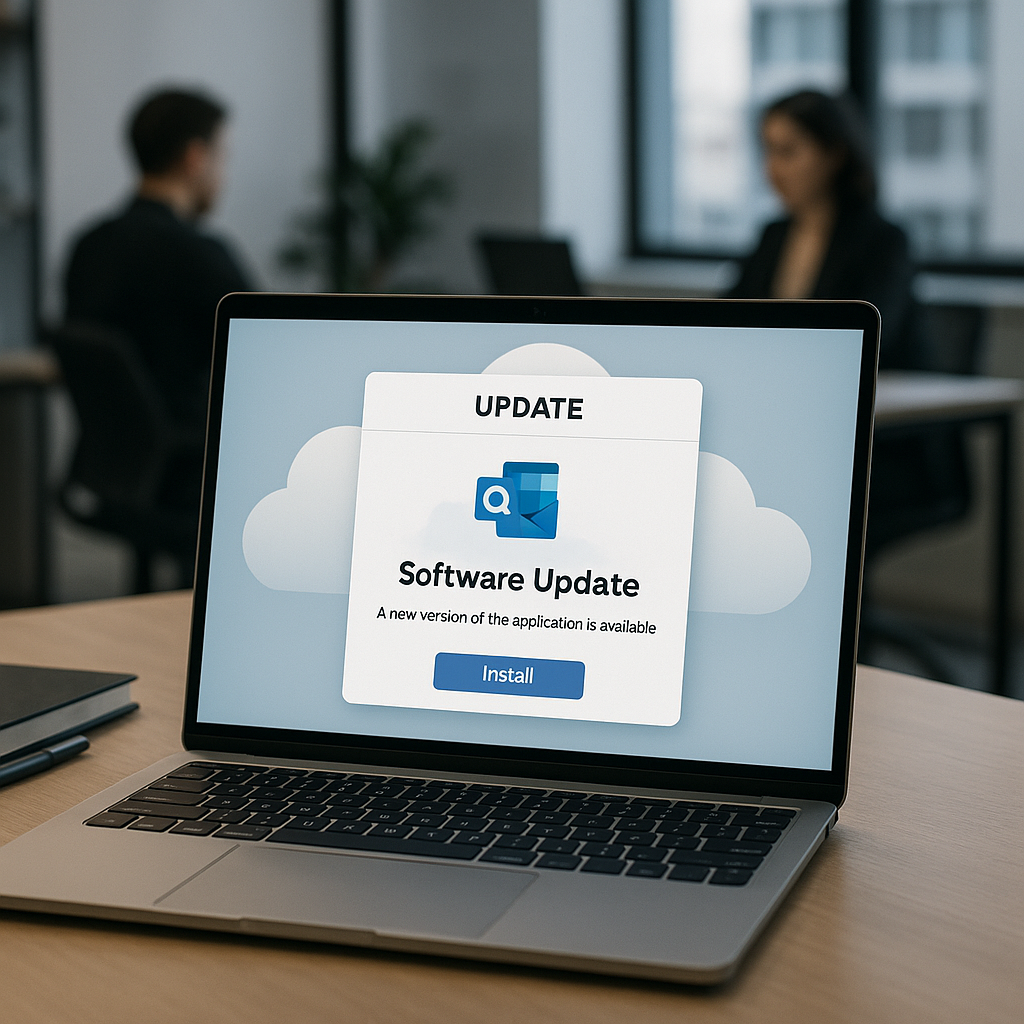# Apple Ordered to Cease External Purchase Fees: What This Means for Developers and Consumers
I’m excited to discuss a recent landmark ruling that has significant implications for the tech industry, particularly for Apple and its App Store policies. A federal judge, Yvonne Gonzalez Rogers, has ordered Apple to stop collecting fees on digital purchases made outside of its App Store. This decision is a game-changer for developers and consumers alike, setting the stage for a more open ecosystem. Let’s dive into the details, explore its impact, and understand how businesses can adapt to these ongoing changes.
## Background on the Ruling
In 2021, the court ruled on a lawsuit brought by Epic Games, which accused Apple of maintaining a monopoly over its App Store. Although Judge Gonzalez Rogers initially concluded that Apple did not hold a monopoly, she mandated that developers be allowed to direct users toward alternative payment systems. This was a significant ruling, as it offered hope for developers looking to save on the hefty 30% commission that Apple typically collects for in-app purchases.
However, it appears that Apple didn’t fully comply with the spirit of that ruling. They continued to collect fees on external purchases, charging 27% instead of the mandated zero. The judge found this non-compliance troublesome, stating that Apple’s actions were in “direct defiance” of her previous injunction. This latest ruling renews the focus on fair competition and consumer choice in the digital marketplace.
## Implications for Developers
For developers, this ruling creates a more equitable playing field. Frustrations regarding Apple’s commission structure have lingered for years, particularly among smaller developers who often struggle to stay profitable. By eliminating the fees associated with external payment systems, developers can keep more profits and potentially lower prices for consumers.
### Real-Life Example: A Game Developer’s Perspective
Take, for instance, a small mobile game developer. Previously, if they charged $10 for a game and processed payments through Apple, they would receive only $7 after Apple’s commission. This reduced margin can be unsustainable for small businesses. With this new ruling, they could receive the full $10, allowing for greater investment in game development, marketing, and user engagement. This decision represents a significant shift towards empowering smaller businesses and fostering innovation.
## Consumer Benefits
Consumers stand to gain as well. In a marketplace where developers can offer alternative payment options, we may soon see a wider range of pricing strategies. This could manifest in discounted prices for direct payments or even loyalty rewards for customers who choose alternate payment methods.
### How This Affects Me as a Consumer
Imagine downloading an app and being offered a direct payment option that bypasses the usual fees. As a consumer, this could lead to lower prices on digital products while also providing developers the funds to create better services. Additionally, this ruling facilitates a more competitive environment where innovation may flourish as developers seek to differentiate their offerings.
## Addressing Security Concerns
Another critical aspect addressed in the ruling is Apple’s use of “scare screens” to mislead users about the security of external payment methods. The judge explicitly prohibited Apple from creating barriers that would discourage users from using third-party payment systems. This is crucial, as transparency and user trust are paramount in the digital landscape.
As developers begin incorporating external payment systems, it’s essential for them to communicate effectively and educate users about security measures in place. Engaging with customers and reassuring them can enhance trust, paving the way for a smoother transition to alternative payment methods.
## Looking Ahead: What Will Change?
Apple has expressed its intent to appeal the ruling; however, it must comply with the court’s directives in the interim. The outcome of this case could redefine how big tech companies operate their digital marketplaces. This decision might lead to further regulatory changes, pushing other platforms to reassess their commission structures and practices.
### A Call to Action for Businesses
For companies navigating these changes, it’s crucial to stay informed and adaptable. Evaluate your payment processes and consider how the new landscape might affect your business model. This could mean utilizing new payment systems, revising pricing structures, or improving communication with customers regarding payment options.
If you’re overwhelmed by the legal and technical challenges of integrating new payment systems or unsure how to adjust your business strategy, we at Best Choice are here to help. Our expertise in digital solutions and business automation can guide you through this evolving landscape.
## Conclusion
In summary, the recent ruling against Apple marks a significant shift in favor of developers and consumers. By eliminating the fees associated with external purchases, this decision opens new avenues for revenue generation, pricing strategies, and innovation in the app market. As this situation unfolds, staying informed will be key for businesses looking to thrive in a more competitive environment. Should you need assistance navigating these changes, don’t hesitate to reach out to us at Best Choice. Together, we can develop tailored solutions to meet your specific needs in this new digital landscape.





